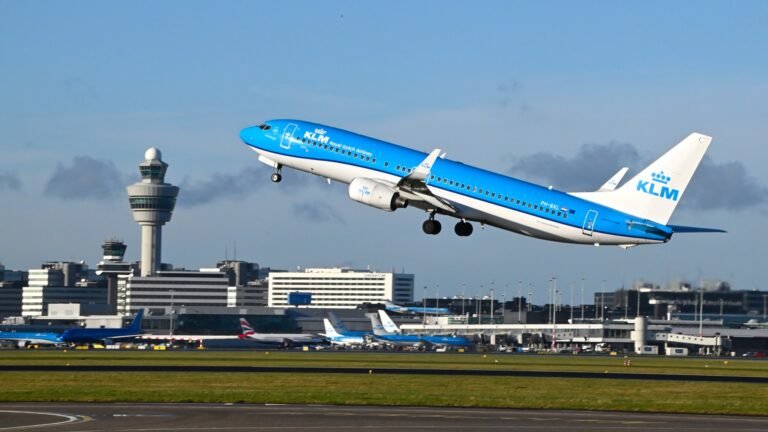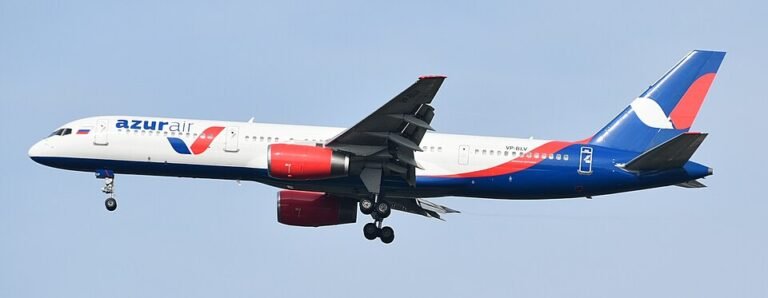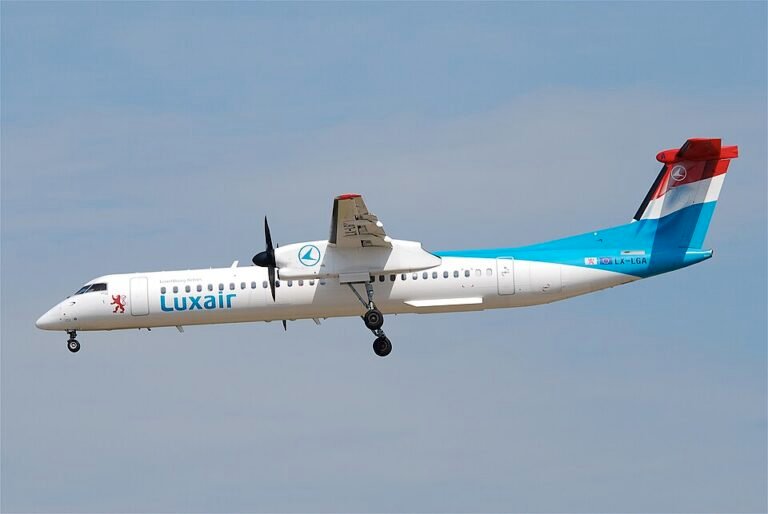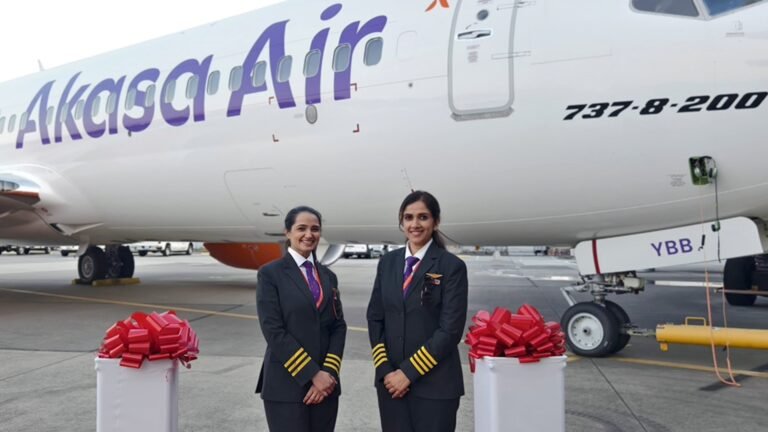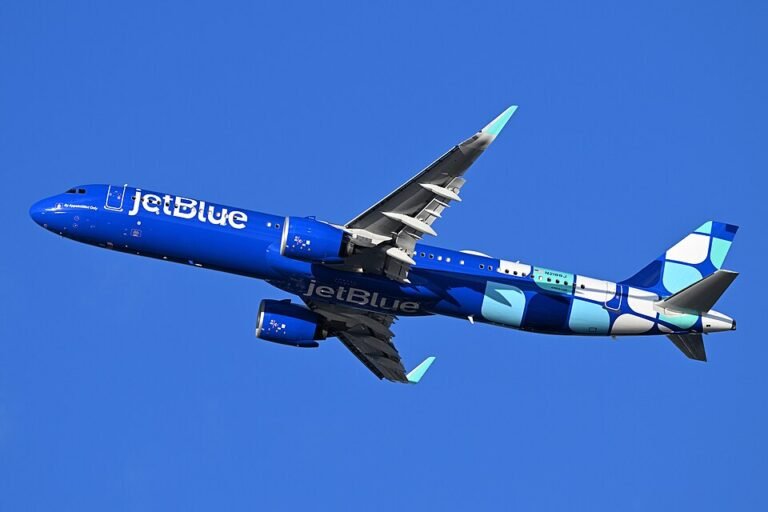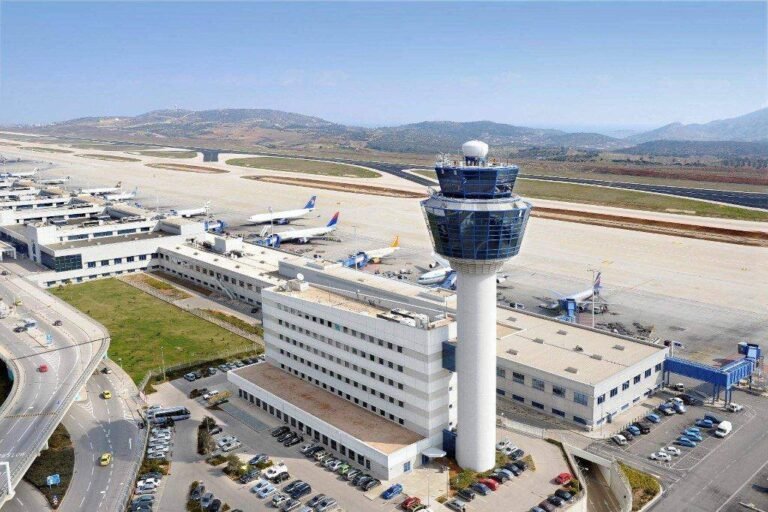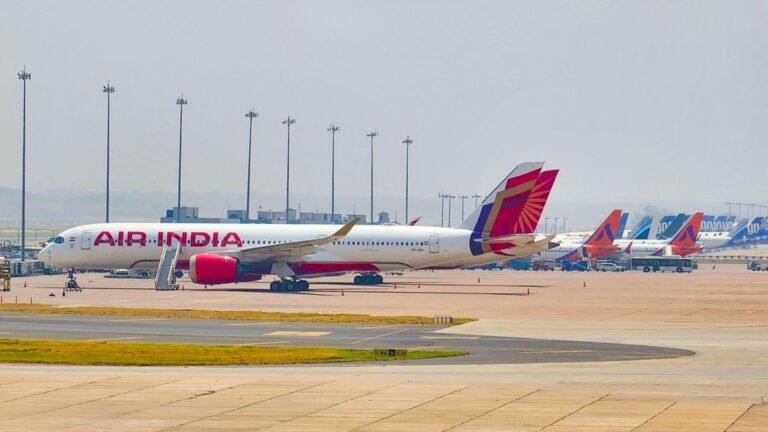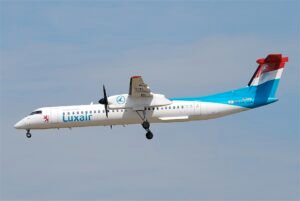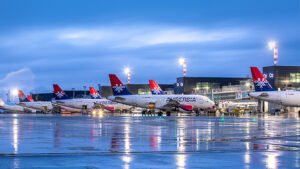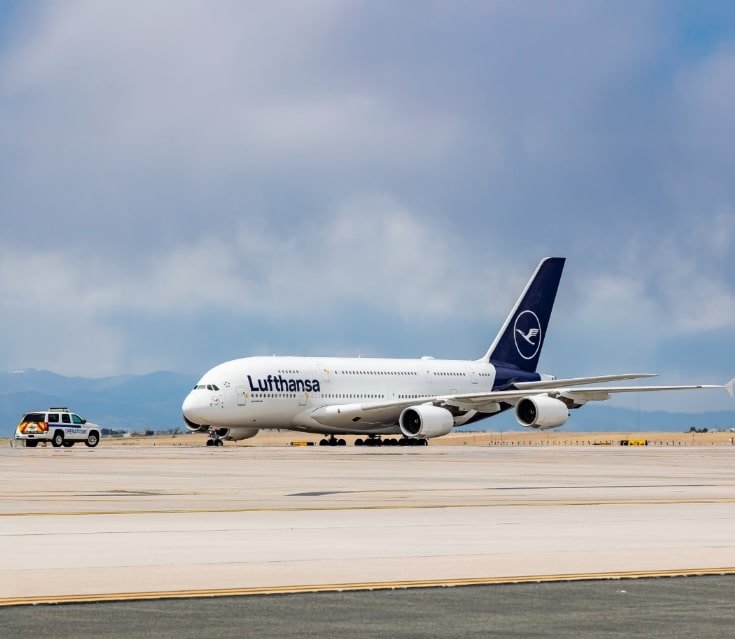
Berlin, Germany: Two of Europe’s leading carriers Lufthansa and Ryanair are scaling back their operations in Germany, citing rising aviation taxes, airport charges, and regulatory costs that have rendered several domestic and regional routes economically unviable.
Budget carrier Ryanair has confirmed plans to cut approximately 800,000 seats across its German winter schedule, removing 24 routes and reducing flights at nine airports, including Berlin, Hamburg, and Memmingen. The airline attributed its decision to what it calls “excessive access costs” that continue to undermine the country’s competitiveness within Europe’s aviation landscape.
“Germany has priced itself out of growth,” a Ryanair spokesperson said in a statement. “While other European markets have reduced aviation taxes to support recovery, Germany continues to impose high charges that discourage airlines from adding capacity.”
Ryanair has reiterated that it will redirect aircraft and capacity to other European countries unless the German government acts to reduce its aviation levies and air traffic control fees. The carrier’s decision follows the closure of smaller German bases such as Dortmund, Dresden, and Leipzig, which remain excluded from the upcoming winter operations.
National flag carrier Lufthansa is also taking significant measures to curb costs, planning to cut around 100 domestic flights per week this winter. The airline’s leadership has warned that high “location costs” including fuel surcharges, airport fees, and environmental levies are eroding profitability on short-haul routes.
Lufthansa CEO Carsten Spohr has publicly voiced concerns over Germany’s aviation competitiveness, warning that continued cost escalation could force deeper reductions in the carrier’s domestic schedule by next summer.
“Our cost base in Germany is among the highest in Europe. Without structural reforms, airlines will inevitably reconsider the scale of their operations here,” Spohr said.
Lufthansa’s adjustments are part of a wider trend of airlines reassessing capacity deployment in high-cost markets, as European carriers continue to battle inflationary pressures and environmental surcharges.
The dual retrenchment by Lufthansa and Ryanair has reignited debate over Germany’s aviation tax policy. Industry observers note that Berlin’s failure to deliver on its earlier pledge to lower aviation taxes has worsened the country’s cost environment.
Germany’s aviation tax, introduced to curb emissions and raise revenue, remains among the highest in Europe. Analysts warn that these levies combined with rising fuel costs and environmental compliance expenses risk undermining the post-pandemic recovery of the country’s aviation sector.
Ryanair’s capacity reduction alone accounts for nearly 10% of its total planned German seat supply this winter, a significant setback for airports already struggling with traffic stagnation.

